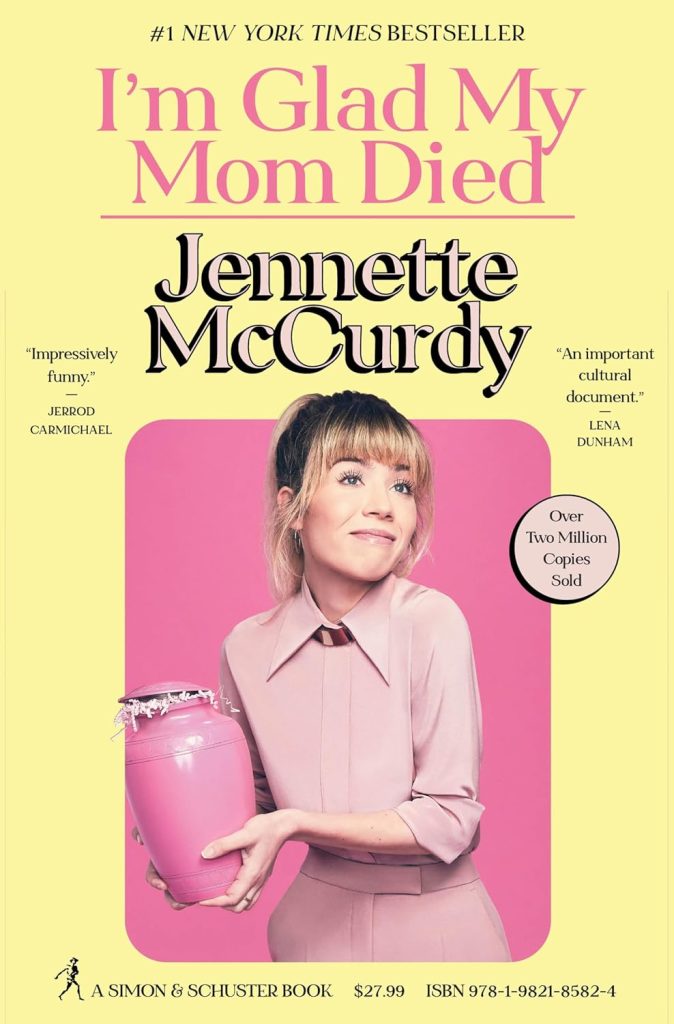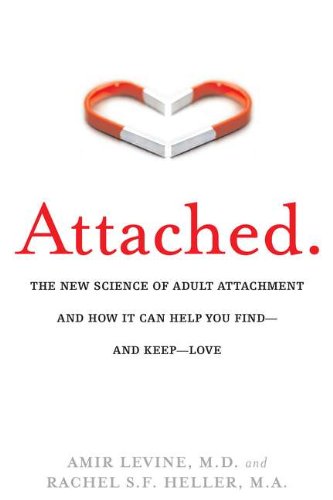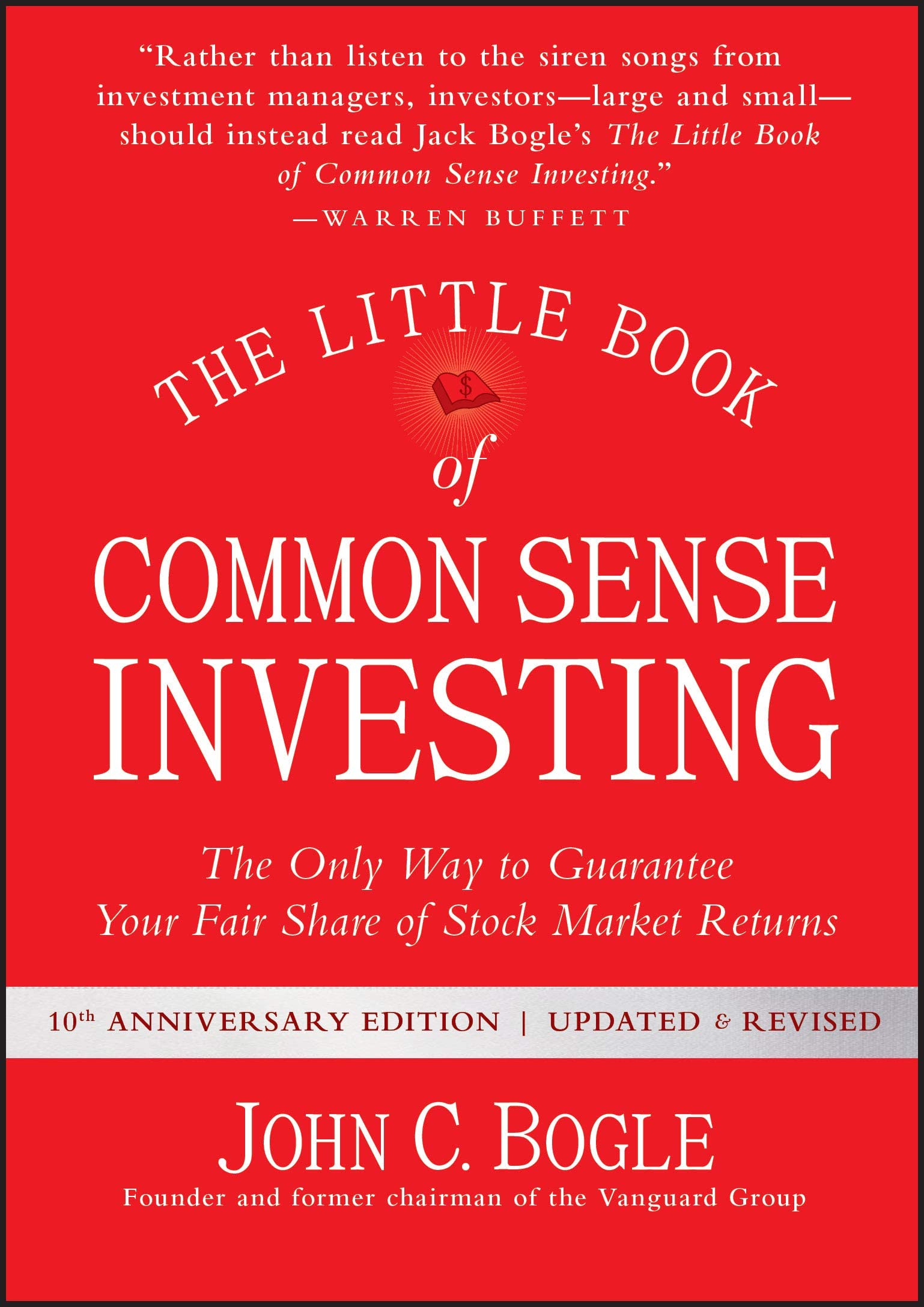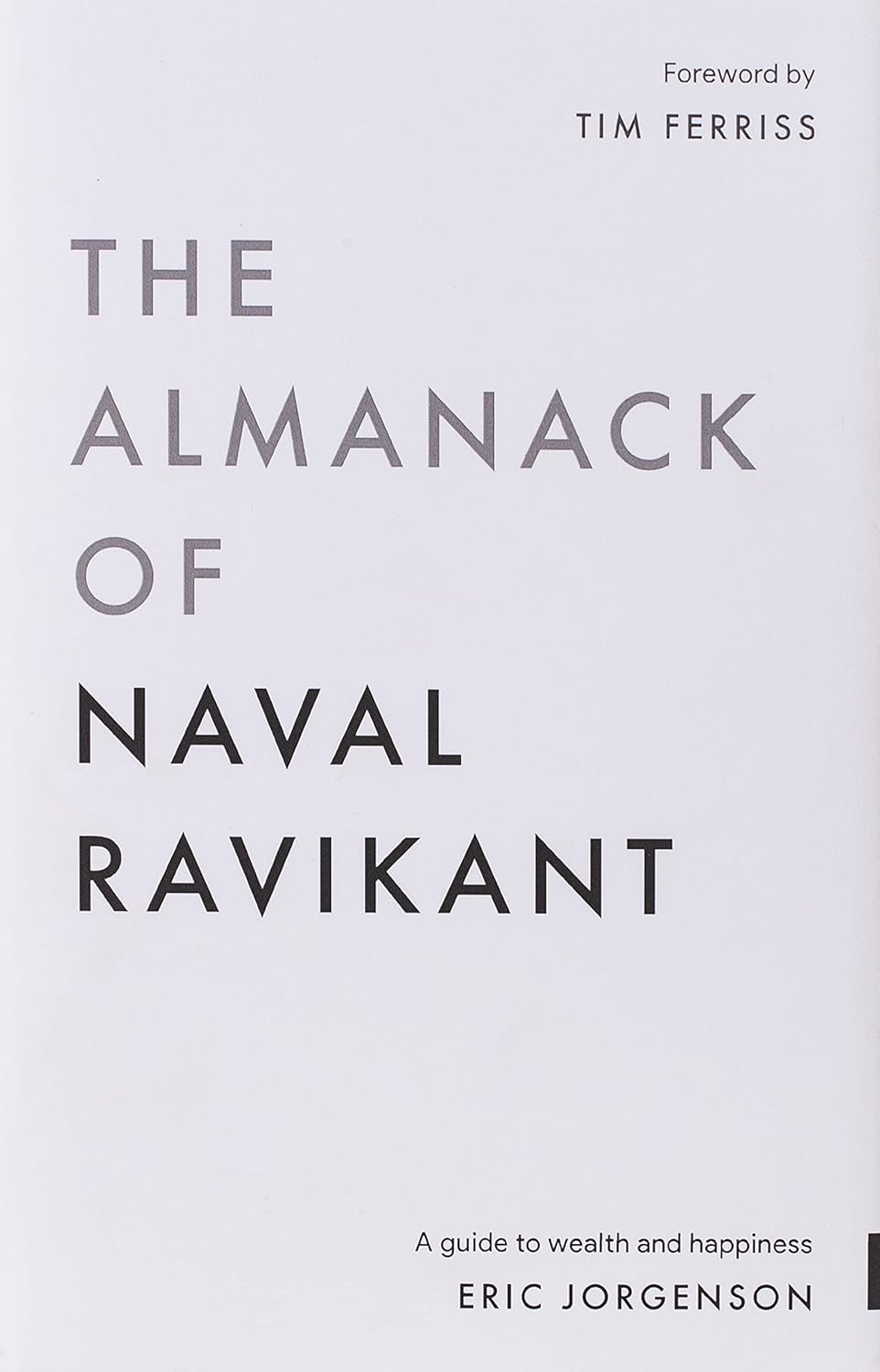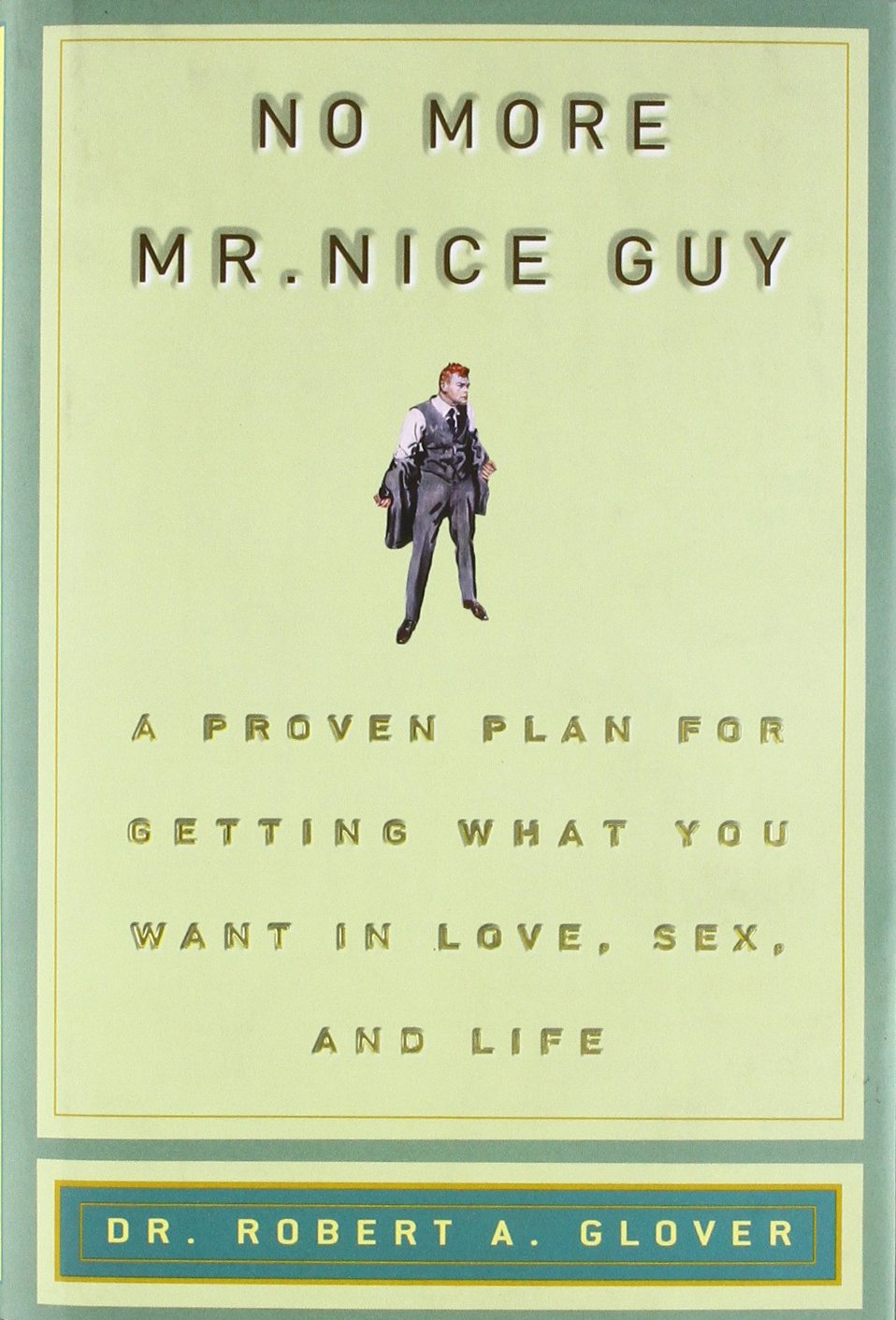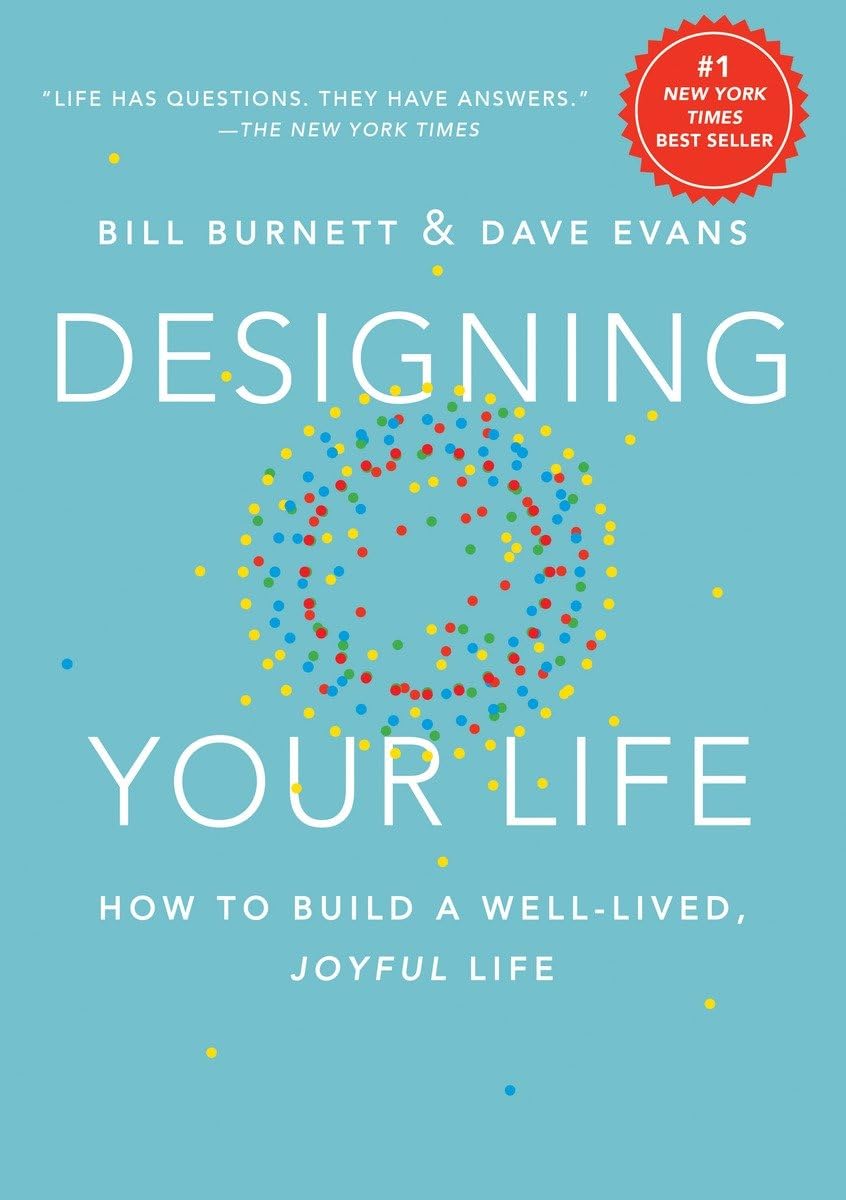I’m Glad My Mom Died

About
Jennette McCurdy’s memoir, “I’m Glad My Mom Died,” offers a raw and unflinching look at her life as a child actor and the complex relationship she had with her mother, Debra. McCurdy began acting at a young age, driven by her mother’s ambitions, which soon morphed into a controlling force. The book details the intense pressure to succeed, the emotional manipulation, and the development of eating disorders and anxiety as a result of her mother’s influence.
McCurdy recounts her struggles with fame, her strained family dynamics, and her journey toward self-discovery after her mother’s death. She bravely exposes the dark side of child stardom, revealing how her mother’s unfulfilled dreams shaped and ultimately damaged her life. The memoir is a story of resilience, as Jennette reclaims her identity and confronts the trauma she endured.

Spark
Learn
Review
✦ Prologue
The prologue begins with a hospital visit, where I sit by my mother’s side as machines beep and the air feels unbearably heavy. A swirl of emotions churns within me—grief, guilt, and an unexpected lightness that I don’t know how to name yet. Memories of my childhood and the complicated nature of our relationship flood my mind as I grapple with the reality of her condition. The moment forces me to confront truths I’ve buried deep, and I feel the weight of everything I’ve carried for years pressing down on me.
✦ Before (Chapter 1-55)
Growing up, my life revolved entirely around my mom’s intense, unrelenting desire for me to succeed as a child actor. From an early age, I was thrown into auditions, rehearsals, and performances, even when I barely understood what was happening or had no interest in being there. My mom’s dreams weren’t just her dreams—they became my life’s purpose, a responsibility I never chose but one that I was made to carry. Saying no wasn’t an option. Her expectations were non-negotiable, and her approval felt like it came with strings attached. I quickly learned that my value in her eyes was tied to how well I lived up to the image she wanted for me.
There was no room for me to be myself. My mom controlled every aspect of my life, from the way I looked to the way I behaved. She was obsessive about my appearance, constantly monitoring my weight and dictating what I could and couldn’t eat. I remember how she would limit my meals and make comments about my body that made me feel self-conscious and ashamed. Over time, this distorted my relationship with food. I started to associate eating with guilt and failure, as if every bite was a betrayal of the person she wanted me to be. I didn’t realize it at the time, but the seeds of an eating disorder were being planted in those moments.
It wasn’t just my physical appearance that she controlled. My emotions and thoughts were also under her watchful eye. It felt like I had to play the role of the perfect daughter at all times, even in my own home. If I ever expressed frustration, sadness, or resistance, it was met with manipulation or guilt-tripping. Her approval became my ultimate goal, and I worked tirelessly to earn it, even when it came at the expense of my own happiness. I remember the feeling of constantly walking on eggshells, afraid of doing or saying something that would disappoint her or trigger one of her outbursts.
My mom’s version of love felt conditional. It seemed to depend entirely on how well I performed, both on and off the stage. If I succeeded, I was showered with praise and affection. But if I failed to meet her expectations, the warmth disappeared, replaced by coldness or anger. It was a cycle that left me feeling confused and insecure. I started to believe that I wasn’t worthy of love unless I was perfect—unless I was exactly what she wanted me to be. That realization hurt deeply, though I didn’t have the words to articulate it at the time. All I knew was that something about our relationship didn’t feel right, even if I couldn’t fully understand why.
Auditioning became a constant in my life, and with it came an overwhelming sense of pressure. I didn’t have the luxury of being a kid or making mistakes. My mom expected me to be professional, polished, and successful at all times. There was no space for failure, and the fear of letting her down consumed me. But even when I booked roles and accomplished what she wanted, the happiness I felt was fleeting. The success never felt like mine. It was hers—her dream, her validation. I was just the vehicle for it, and that realization made me feel empty.
I started to feel the cracks forming in our relationship as I grew older. The more control she exerted over my life, the more I wanted to push back, to claim even a small piece of autonomy for myself. But the idea of standing up to her terrified me. Her reactions to defiance were unpredictable and often harsh. I learned early on that it was easier to comply, to keep my head down and do what she wanted, even if it meant burying my own needs and desires. I convinced myself that it was better not to fight, that keeping the peace was less painful than pushing back.
Looking back, I can see how much I lost during those years. My childhood didn’t feel like a time of innocence or joy—it felt like a job. I wasn’t free to explore my interests or figure out who I was. Everything I did was centered around my mom’s ambitions for me, and I had no room to develop my own identity. The few moments of happiness I experienced often felt tainted, overshadowed by the constant pressure to be perfect and the looming fear of failure. I started to feel like I didn’t even know who I was outside of her influence, and that realization was both terrifying and heartbreaking.
The manipulation and emotional control she wielded over me were suffocating. She had a way of making me feel guilty for wanting anything other than what she wanted for me. If I ever expressed a desire to quit acting or do something different, she would frame it as a personal betrayal, as if my choices were a direct attack on her. I felt trapped, like I was living a life that wasn’t my own. Her happiness always came first, and mine didn’t seem to matter at all.
I often wondered what love was supposed to feel like because what I experienced didn’t seem like love. It felt like control, like obligation, like a constant need to prove myself. I started to question whether I would ever be enough for her, whether anything I did would truly satisfy her. That question haunted me, and it created a deep sense of insecurity that I carried with me for years. I wanted so badly to make her proud, but no matter how hard I tried, it never felt like I was truly succeeding.
Through all of this, I tried to hold on to pieces of myself, though it often felt like an impossible task. My identity was constantly being shaped and reshaped by her, and I had little say in the matter. The rare moments when I felt like I could just be myself were fleeting, quickly overshadowed by the demands of my mom’s expectations. I felt like I was disappearing, like the real me was being buried under layers of pressure, fear, and performance. It was a lonely and isolating experience, one that left me questioning who I was and what I wanted out of life.
As I reflect on those years, I can see the toll they took on me—emotionally, mentally, and physically. The weight of my mom’s expectations was more than I should have been asked to carry, especially as a child. The pressure to be perfect, to meet her every demand, left scars that I’m still working to heal. My childhood wasn’t really mine. It belonged to her, and I was just a supporting character in her story. But even in the midst of all that, there was a small part of me that dreamed of something different, something better. That part of me, though small and quiet, kept me going. It reminded me that there was more to life than the narrow world my mom had created for me. It gave me hope, even when everything else felt hopeless.
✦ After (Chapter 56-91)
After my mom’s death, I was left to unravel the complexities of my life and the relationship that had defined so much of who I was. At first, I felt the grief I thought I was supposed to feel, but it was tangled with emotions I didn’t know how to process: relief, anger, resentment, and even guilt for feeling those things. Without her presence constantly dictating my every move, I started to experience freedom for the first time, but it came with a heavy burden. I wasn’t sure who I was without her control. My identity had been so tightly intertwined with her expectations that I felt lost, untethered, and unsure of where to begin rebuilding myself.
The silence left in her absence was deafening, forcing me to confront everything I had avoided for years. The reality of how much I had endured, how much I had suppressed, began to creep into focus, and it wasn’t something I could ignore anymore. My disordered relationship with food, planted and nurtured by her obsessive control, spiraled even further. Binge eating became a way to cope with the emotions I didn’t know how to articulate, and then purging became the punishment for what I felt was my failure to meet impossible standards—standards that no longer even had an enforcer but were still burned into my mind.
Acting, which had always been her dream and never mine, became unbearable. Every role, every set, every audition felt like a reminder of the life I had been forced into. I realized I didn’t want it anymore, if I had ever wanted it at all. Walking away from acting was one of the first real decisions I made for myself, and it was terrifying, but it was also a small step toward reclaiming my autonomy. I knew it wouldn’t fix everything, but it was a start—a way to separate my life from the one my mom had constructed for me.
Therapy became a lifeline, though it was a slow and painful process. I had to unpack years of manipulation, control, and emotional abuse, and it wasn’t easy to admit the truth about what my relationship with my mom had been. For so long, I had convinced myself that her actions were acts of love, that her control was something I should be grateful for. But as I worked through my memories, I started to see them for what they really were. Her behavior wasn’t love—it was domination disguised as care. Acknowledging that truth was one of the hardest things I’ve ever done, but it was also necessary for me to begin healing.
As I started to confront the reality of my past, I also had to face the ways it had shaped me. My need for control over my own life became obsessive at times, a reaction to the years I had spent with none. My relationship with food remained deeply complicated, and I struggled to break free from the patterns that had been ingrained in me for so long. Each step forward felt like a battle, but I was determined to keep fighting. I knew that I wanted something better for myself, even if I didn’t always know how to get there.
My relationships with others also shifted as I worked through my trauma. I started to recognize the ways my mom’s influence had seeped into every aspect of my life, even my interactions with friends and loved ones. Trust didn’t come easily, and I often felt like I had to prove my worth to people, even when they didn’t ask me to. Letting go of that need for validation was an ongoing process, one that required me to unlearn so much of what I had been taught about love and acceptance.
Through all of this, I began to discover glimpses of who I was outside of my mom’s shadow. I allowed myself to explore interests and passions that had nothing to do with her dreams for me. Writing became a way to process my experiences, to make sense of the chaos in my mind. It was one of the few things that felt truly mine, untainted by her control. For the first time, I started to feel like I had a voice, and I wanted to use it—not just to tell my story but to reclaim the parts of myself that had been silenced for so long.
Forgiveness was another battle I wrestled with. Not forgiveness for her, but for myself. I carried so much guilt for the ways I had tried to escape the pain while she was still alive, for the moments when I felt relief instead of sadness after she passed. I had to learn to be kinder to myself, to understand that my feelings were valid and that I wasn’t to blame for what had happened. Healing didn’t mean erasing the past—it meant accepting it and finding a way to move forward.
As time went on, I started to feel lighter. The weight of her expectations, though still present in some ways, began to lift. I realized that I didn’t have to live my life for anyone else anymore. I could make choices for myself, even if they were messy or imperfect. I could define my own version of success, one that wasn’t tied to external validation or someone else’s dreams. That realization was both freeing and terrifying, but it was a step toward becoming the person I wanted to be.
Looking back, I can see how far I’ve come, though the journey hasn’t been easy. There are still days when the scars of the past feel fresh, when the patterns I’ve worked so hard to break try to creep back in. But I’ve learned to be patient with myself, to understand that healing isn’t linear. It’s a process, one that requires constant effort and self-compassion. I’ve also learned to celebrate the small victories—the moments when I choose myself, when I prioritize my happiness, when I let go of the guilt and shame that once defined me.
My mom’s death marked the end of one chapter, but it also opened the door to a new one. It gave me the chance to take control of my life, to rewrite the story on my own terms. I’ve come to accept that I can’t change the past, but I can decide how it shapes my future. And while the road ahead isn’t always clear, I know that I’m no longer walking it for anyone else. I’m walking it for me, and that’s something my younger self could have only dreamed of.
For People
– Adult Children of Narcissistic Parents
– Individuals Interested in Child Star Experiences
– People Who Have Experienced Emotional Abuse
– Those Struggling with Eating Disorders or Mental Health Issues
– Readers Seeking Stories of Resilience and Self-Discovery
Learn to
– Validation
– Understanding of Complex Family Dynamics
– Hope for Healing
– Encouragement for Self-Acceptance
– Insight into the Entertainment Industry

